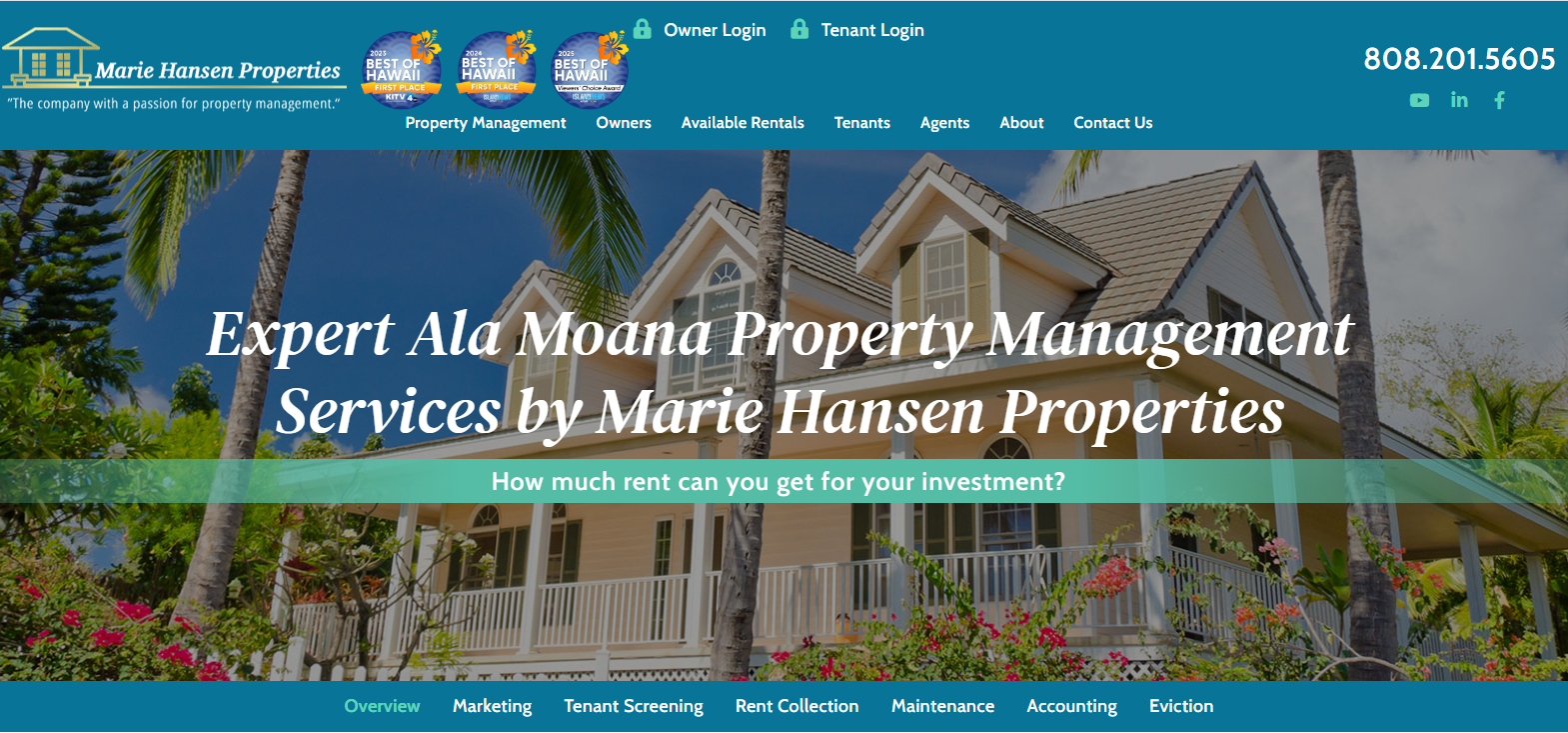How to Protect Yourself from Property Management Lawsuits

Let’s be honest—lawsuits are the nightmare no landlord or property manager wants to deal with. They eat your time, your money, and sometimes your sanity. I’ve seen people lose sleep (and hair) over a single dispute that could’ve been avoided with a bit of planning. And if you’re working with Charlotte property management companies, you probably already know the risks are everywhere.
So, how do you keep yourself safe? You can’t bubble-wrap your business, but you can take steps that’ll make you a whole lot harder to sue. Let’s walk through it.
Where the Trouble Usually Starts
Most lawsuits don’t come out of nowhere. They usually start small, then snowball. Common hotspots:
- Security deposits – Tenants claiming you unfairly kept their money.
- Fair housing slip-ups – Even accidental discrimination is still discrimination.
- Maintenance neglect – A loose step, ignored mold, broken locks… you get the idea.
- Messy lease agreements – Vague wording leads to “he said, she said.”
- Evictions – One wrong move in the process and boom, you’re in court.
Sound familiar? Yeah. It’s not some rare disaster—it’s daily stuff.
Write Leases Like a Lawyer (Or Better Yet, Hire One)
A bad lease is like leaving your car unlocked with the keys in it. If you’re managing rentals—either solo or through one of the Charlotte property management companies—don’t cut corners here.
Your lease should spell everything out: rent dates, late fees, maintenance duties, rules about pets, smoking, subletting, you name it. Templates from Google are tempting, but here’s the thing—local laws change, and those cookie-cutter documents don’t always fit. Pay an attorney once to review it. Costs less than one lawsuit, I promise.
Keep Records Like a Detective
Our brains forget. Tenants “remember differently.” Judges want evidence. That’s why you need records of… well, everything.
- Signed leases and addendums.
- Maintenance logs (with dates).
- Before/after photos for move-ins and move-outs.
- Email and text trails.
I once heard of a landlord who lost in court because they “thought” they sent a letter. Guess what? No proof. If it’s not documented, it’s like it never happened.
Don’t Ignore Maintenance (Seriously, Don’t)
Here’s a story that still makes me cringe. A tenant warned about a shaky railing. Landlord brushed it off. Guess what? Railing gave way, someone got injured, and suddenly lawyers got involved. The repair would’ve cost maybe $150. The lawsuit? Tens of thousands.
Moral: fix things fast. Not just because it’s the law, but because it’s common sense. Many Charlotte property management companies have whole teams whose only job is keeping maintenance requests from slipping through the cracks.
Learn the Fair Housing Rules (And Teach Your Team)
If there’s one lawsuit that can ruin you overnight, it’s a fair housing one. You can’t deny or treat tenants differently because of race, religion, gender, family status, disability, or national origin. That’s federal law. States tack on more rules, too.
And here’s the kicker—you don’t even have to mean it. An offhand comment like “This place might be too small for kids” could be taken the wrong way. Train your team. Train yourself. It’s non-negotiable.
Insurance: Not Optional
Look, nobody likes paying insurance premiums. But you’ll like paying a lawyer even less. Liability, errors and omissions, property coverage—get them all. Talk to a broker who understands landlords.
The worst time to discover you don’t have coverage? When someone’s already suing you.
Friendly, Not Friends
It’s easy to slip into “nice landlord” mode—letting tenants pay late, making handshake agreements, bending rules. Problem is, that flexibility often backfires. If you ever end up in front of a judge, the lease is what matters, not the promises you made over text.
So be polite, be human, but also be firm. Boundaries keep you safe.
Why a Good Property Management Company Matters
If you’re in the Charlotte market, you already know how competitive and fast-moving it can be. One of the big reasons people hand over their rentals to Charlotte property management companies is because those firms already have airtight systems. Tenant screening, legal leases, maintenance, documentation—it’s all buttoned up.
But here’s the warning: not every company is great. Some cut corners, some overcharge, some barely communicate. Do your homework—read reviews, ask them how they handle disputes, even talk to current clients if you can.
Agents, Pay Attention: Property Management as a Side Hustle
Let me wander off track for a second. A lot of agents look into side hustles for real estate agents, and property management pops up again and again. It makes sense—you know the clients, you know the houses, you already live in contracts.
But here’s the mistake I see: agents jumping in without realizing the legal landmines. Property management isn’t just collecting rent checks. It’s compliance, maintenance, eviction laws, fair housing… the works. If you treat it like a casual side gig, you’re setting yourself up for lawsuits. Better move? Partner with an established property management company, learn the ropes, and avoid stepping on legal grenades.
Keep Learning (Laws Change, Fast)
What worked last year might not fly this year. Rental laws shift. Tenant protections expand. Eviction timelines change. Don’t just set it and forget it. Subscribe to newsletters, attend workshops, or join local landlord associations. Staying updated keeps you safe.
Wrapping It Up
No landlord or property manager wakes up hoping for a lawsuit. But too many walk right into them by ignoring tenant complaints, using sloppy leases, or just not knowing the rules.
The fix isn’t complicated. Write clear leases. Document everything. Handle maintenance fast. Respect fair housing laws. Carry insurance. Set boundaries. And if managing feels overwhelming, lean on the experience of trusted Charlotte property management companies.
You don’t need to be perfect—you just need to be prepared. Your tenants will appreciate it. And your bank account will too.






